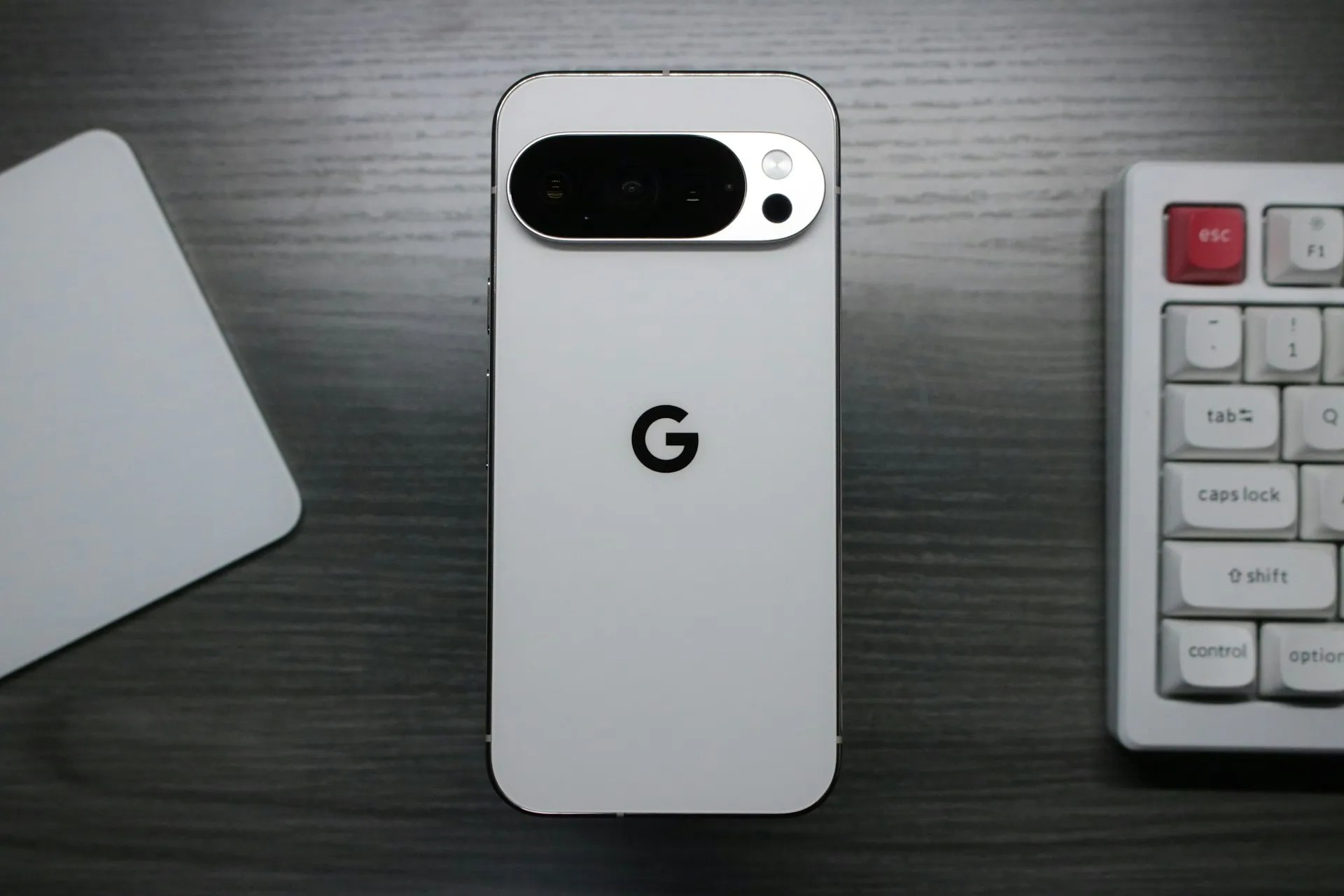When Oppenheimer raised its price target on Alphabet (GOOGL) from $270 to $300, it wasn't just another routine analyst adjustment, it was a clear signal that one of Wall Street's most respected voices sees significant upside ahead for Google's parent company. The investment firm's decision to maintain its "outperform" rating while boosting expectations reflects growing confidence in Alphabet's market position and growth trajectory, particularly as regulatory uncertainties have begun to clear. That matters.
Wall Street's current consensus paints a compelling picture for tech investors. Analysts maintain a "Moderate Buy" rating across 48 firms covering the stock, with 34 analysts issuing buy ratings and 4 giving strong buy recommendations. The average twelve-month price forecast sits at $259.12, though targets range dramatically from a conservative $190 to an ambitious $315, according to MarketBeat data. That spread says analysts are weighing big opportunities against real unknowns, a dynamic that typically creates openings for investors who judge the decisive factors correctly.
Why analysts are getting more bullish on Alphabet
The recent wave of price target increases extends far beyond Oppenheimer's latest move. It isn't just one bank getting excited. Canaccord Genuity boosting their target from $230 to $270, Truist Financial jumped from $225 to $285, and JMP Securities, which increased their target from $250 to $290.
This coordinated optimism stems largely from Alphabet's financial performance and strategic positioning. The company recently reported earnings of $2.31 per share, surpassing analyst estimates of $2.15, while generating revenue of $96.43 billion during the quarter. Perhaps most impressive is the company's net margin of 31.12% and return on equity of 34.31%, metrics that demonstrate exceptional operational efficiency in a challenging economic environment.
These profitability levels place Alphabet in an elite category of technology companies that can maintain pricing power while scaling operations. The 30%+ margins suggest the company has built durable advantages, from its massive search data advantage to its integrated advertising technology stack.
The AI revolution driving growth expectations
What's really capturing analyst attention is Alphabet's position in the artificial intelligence race. The numbers here are staggering, Google's AI Overview product now serves over 1.5 billion monthly users, while more than 400 million people use Gemini, Google's ChatGPT competitor. These aren't just impressive user metrics, they represent real revenue opportunities, as AI Overviews are increasing total query volume at Google while monetizing at rates similar to traditional search. That is the ballgame.
The company's core Google Services division continues to show resilience, with revenues rising 12% to $82.5 billion in Q2 2025. This growth comes despite intense competition and regulatory scrutiny, which suggests Alphabet's moat remains formidable. Recent updates have reinstated Google's AI models to the top of industry power rankings, reinforcing the company's technical leadership in this critical arena.
What sets Google apart from competitors like Microsoft and OpenAI is its ability to monetize AI through existing search infrastructure. While others are still sorting out sustainable revenue models for AI investments, Google has integrated AI features into its $200+ billion advertising ecosystem, creating immediate returns rather than speculative future value.
Regulatory clarity removes major overhang
Perhaps the most significant catalyst for analyst optimism has been the resolution of major antitrust concerns. Oppenheimer specifically called recent DOJ developments "the best-case outcome," noting that Alphabet won't need to divest Chrome or Android and can continue its lucrative partnership with Apple. That clears the biggest cloud hanging over the stock.
The financial implications are substantial. Alphabet generates $61 billion in gross search revenue through Apple devices, paying 36% to Apple for exclusivity. This arrangement represents 19% of Alphabet's net advertising exposure, so preserving the partnership is crucial for maintaining current growth trajectories. Survey data points the same way, showing that 75% of iPhone users would still choose Google Search even without exclusivity arrangements.
This regulatory precedent also signals a more measured approach from U.S. regulators toward big tech. For Alphabet specifically, it removes the uncertainty premium that had been built into the stock price and lets investors focus on fundamentals rather than regulatory worst-case scenarios.
What the numbers say about fair value
From a valuation perspective, Alphabet looks compelling relative to tech peers. The stock currently trades at a P/E ratio of 27.12, which Oppenheimer considers attractive given the company's growth prospects. The firm now values Alphabet at 25x 2026 EPS, compared with the Nasdaq's 26x and large-cap tech peers at roughly 30x.
With analysts anticipating earnings of 8.9 per share for the current year and the stock's 12-month range spanning from $140.53 to $256.96, there appears to be room for continued appreciation. The company's massive $3.26 trillion market capitalization reflects its dominant market position, and the fundamentals suggest this scale can be maintained profitably.
The valuation discount becomes more compelling when you consider Alphabet's multiple revenue streams and defensive characteristics. Unlike pure-play AI companies or cloud providers, Google's diversified model provides stability in downturns while still offering upside from emerging technologies.
Where does Alphabet go from here?
The convergence of multiple positives, AI leadership, regulatory clarity, and strong financial performance, suggests Oppenheimer's increased optimism may be well-founded. Even so, investors should note that the current average price target of $259.12 represents only a modest 1.85% upside from current levels. The question now, can Alphabet keep executing at this level while navigating a crowded AI field and shifting rules?
For tech investors, Alphabet embodies both the promise and the puzzle of backing dominant platforms during a transition. The company's ability to monetize AI while maintaining its core search business will likely determine whether these bullish projections prove accurate or conservative. My read, execution on AI monetization is the swing factor.
The next real catalyst probably comes from showing that AI drives meaningful incremental revenue growth rather than merely defending share. With Google's early success in AI monetization and its unmatched distribution advantages, the company looks uniquely positioned to capitalize while competitors are still searching for sustainable business models.























Comments
Be the first, drop a comment!